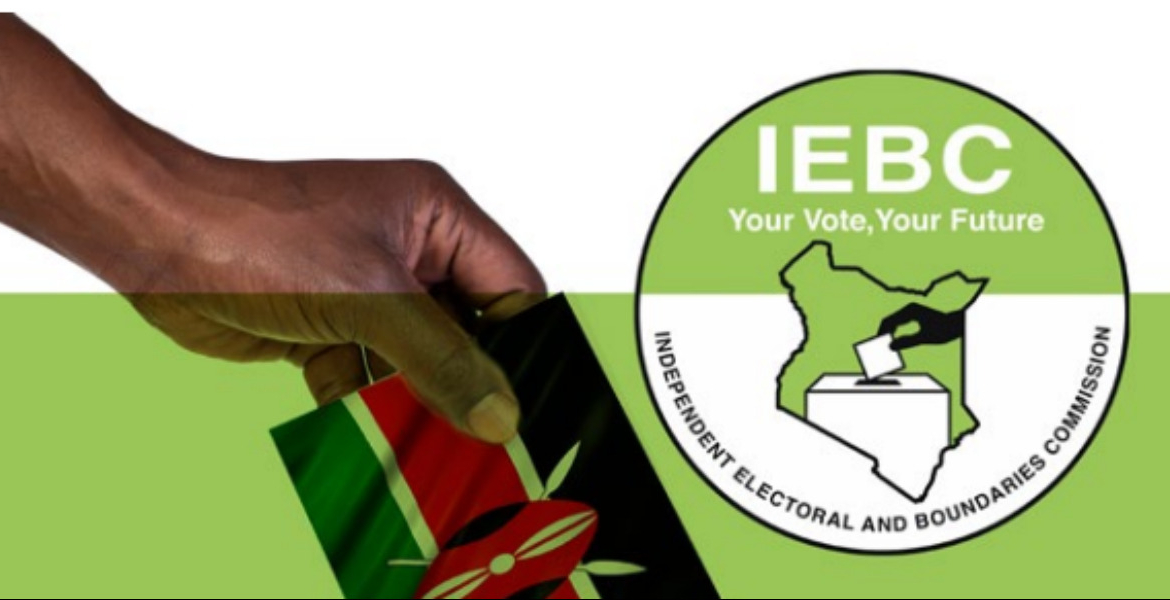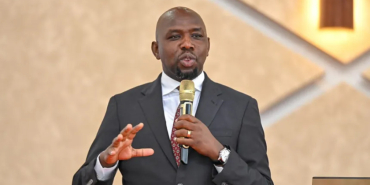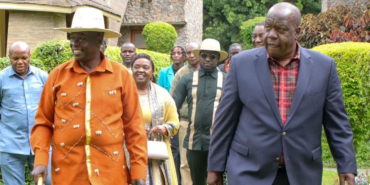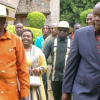IEBC in Crisis: Legal, and Financial Challenges Threaten Kenya’s 2027 Election Preparedness

Kenya's Independent Electoral and Boundaries Commission (IEBC) is at a critical juncture as the 2027 General Election draws nearer, grappling with a confluence of legal battles, financial constraints, and political opposition that threaten its capacity to conduct a credible electoral process.
The High Court is expected to deliver a pivotal ruling on 8 July regarding the legality of recently appointed commissioners, a decision that could either unlock the commission's operational capacity or deepen the existing institutional impasse. The legal challenge stems from a petition contesting the appointments made by President William Ruto on 10 June. Petitioners argue that the selection process violated constitutional provisions, citing a lack of ethnic and regional diversity, exclusion of persons with disabilities, and insufficient consultation with opposition parties.
The court had previously issued conservatory orders in May, halting the gazettement and swearing-in of the seven nominees, including Chairperson Erastus Ethekon. Further controversy surrounds allegations of poor interview performance and unresolved integrity issues among some nominees. The opposition has vocally rejected the appointments, accusing the President of engineering a partisan selection process designed to favour the ruling party in the upcoming elections. Opposition leaders have warned that a failure to establish a commission that commands public trust could precipitate a legitimacy crisis in 2027.
Presidential economic adviser Moses Kuria has cautioned that the delay in swearing in the IEBC team jeopardises the constitutional timeline for preparing elections. Referencing the Kriegler Commission's recommendations, Kuria said that a fully functional electoral body should be in place at least two years before a general election to ensure fairness and transparency. Kuria suggested that the dispute could persist until the eve of the next polls, saying, "Going by our litigious nature, this case will go all the way to the Supreme Court."
Beyond the legal arena, the IEBC is contending with a significant financial shortfall that threatens its ability to conduct routine electoral activities. The commission has requested KSh 61.7 billion to prepare for the 2027 elections, but the National Treasury has allocated only KSh 57.38 billion, resulting in a deficit of over KSh 4 billion. Adding to the financial strain are pending bills amounting to KSh 3.7 billion owed to suppliers, and a separate funding gap of KSh 76.5 million for 16 by-elections.
As a direct consequence of these budgetary constraints, the IEBC has postponed six by-elections in Kasipul and Mbeere North constituencies, as well as four county assembly wards. IEBC Chief Executive Officer Hussein Marjan has confirmed that the commission lacks the KSh 215.84 million required to conduct these polls, and no allocation has been made by the Exchequer. This delay undermines representation in affected areas and highlights broader institutional fragility.
Another significant challenge is the long-overdue boundaries delimitation exercise, which has not been conducted since the last review cycle expired. Article 89 of the Constitution mandates that constituency and ward boundaries be reviewed every eight to twelve years, with the process completed at least 12 months before a general election. With less than two years remaining, the IEBC has acknowledged that it is unlikely to meet this deadline.
Parliamentarians have called for urgent clarity on the commission's roadmap for delimitation. Nominated Senator Esther Okenyuri and Nandi Senator Samson Cherargei have urged the IEBC to prioritise the review of large constituencies in regions such as Kisii, Nyamira, and Migori, citing the need for equitable representation. Legal experts, however, warn that the commission may face constitutional hurdles if it attempts to initiate the process without a fully constituted team.
Constitutional lawyer Bobby Mkangi has characterised the situation as a "quagmire," noting that the lapse in the delimitation timeline could render any future exercise legally questionable. He suggests that the IEBC may need to seek judicial advisory opinions to ensure its actions remain within the bounds of the law. Fellow legal scholar Paul Mwangi concurs, emphasising that boundaries review is inherently political and requires extensive consultation, an endeavour that may be unfeasible given the current time constraints.
The situation has eroded public confidence in the IEBC's ability to function independently and transparently. A recent report by the European Union Election Follow-up Mission flagged delayed reforms and political interference as major risks to the integrity of the 2027 elections. The EU noted that the commission is perceived as vulnerable to manipulation and lacks a strategic plan with clear timelines for key activities such as voter registration and staff training.
A TIFA survey conducted in May indicated that half of Kenyans have no confidence in the IEBC's capacity to deliver free and fair elections.
Respondents cited political interference, corruption, and institutional weaknesses as the primary threats to electoral integrity. The IEBC's current predicament is compounded by a history of controversy and reform efforts. Following the disputed 2007 General Election, the Kriegler Commission was established to investigate the electoral process and recommend reforms. The commission's report highlighted systemic failures within the electoral body and called for comprehensive institutional restructuring.
Subsequent electoral cycles have also been marred by disputes and legal challenges. The 2013 and 2017 elections saw significant legal battles, including presidential election petitions that reached the Supreme Court. These events led to further reforms aimed at enhancing the integrity and transparency of the electoral process. However, despite these efforts, concerns about political interference and institutional weaknesses persist.








Add new comment